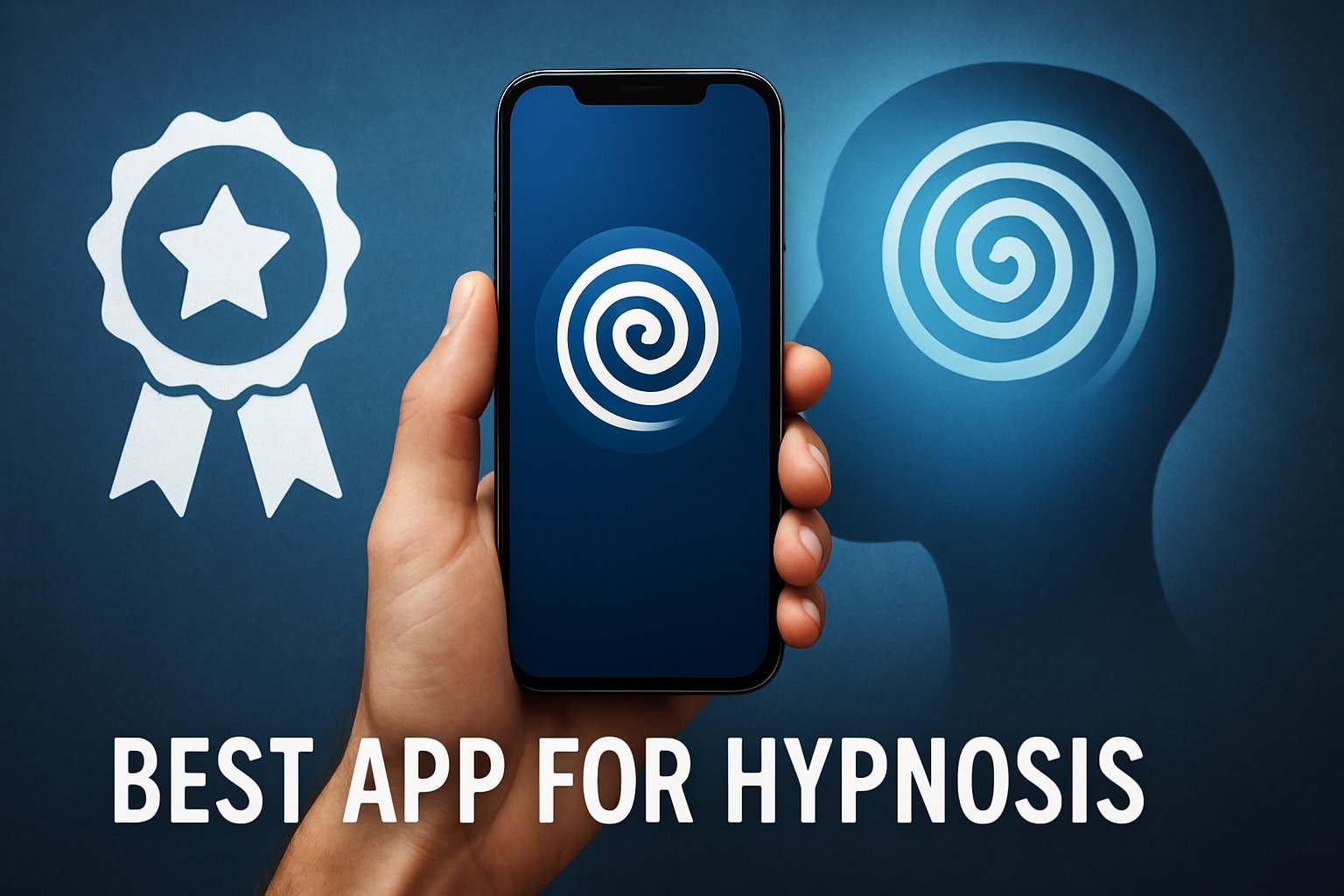Embarking on a weight loss journey can be a transformative experience for both your body and mind. One key aspect of successful weight management is understanding how to promote satiety and control appetite. In this guide, we'll explore scientifically-backed strategies that can help you achieve your weight loss goals while feeling satisfied and in control.
1. Prioritize protein-rich meals
Including protein-rich foods in your meals is a smart move when it comes to controlling your appetite. Protein takes longer to digest, keeping you fuller for an extended period. Opt for lean protein sources like chicken, turkey, fish, beans, and tofu. A meal centered around protein can help you avoid excessive snacking between meals.
2. Embrace fiber-packed foods
Fiber is a secret weapon in the fight against overeating. High-fiber foods, such as vegetables, whole grains, and legumes, add bulk to your meals, creating a feeling of fullness. They also slow down digestion, preventing rapid spikes and crashes in blood sugar levels that can trigger cravings.
3. Mindful eating
Practicing mindful eating involves savoring each bite, eating slowly, and paying attention to hunger and fullness cues. Engaging your senses during meals can enhance satisfaction, making you more attuned to your body's signals. By avoiding distractions and truly enjoying your food, you're less likely to overeat.
4. Stay hydrated
Drinking enough water throughout the day is essential for controlling appetite. Dehydration can sometimes be misinterpreted as hunger, leading to unnecessary calorie consumption. Aim for at least 8 glasses of water a day, and consider starting your meals with a glass of water to help you feel fuller sooner.
5. Choose nutrient-dense foods
Opt for nutrient-dense foods that pack a punch in terms of vitamins and minerals. These foods often have fewer calories per volume, allowing you to eat more without exceeding your calorie budget. Fill your plate with colorful vegetables, fruits, whole grains, and lean proteins to nourish your body while managing your weight.
















